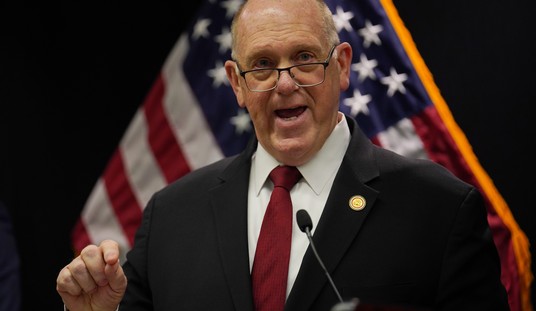As John discussed yesterday, President Trump is allegedly preparing some sort of executive order that would clamp down on Twitter and potentially other social media outlets. This is apparently a move in response to the company’s decision to start “fact-checking” some of the President’s tweets and flagging them as being content of dubious accuracy.
Whether or not this is something that the White House is even able to do will likely be a subject of debate until the courts settle the matter, but that’s hardly the key issue at hand. At National Review, David Harsanyi wrote at length about the folly of Twitter deciding to jump into the business of fact-checking and flagging certain bits of content and not others. He notes that politics is rarely a dispute over facts, but rather values, dooming such fact-checking efforts to wind up being viewed as partisan harassment.
Once Twitter begins tagging some tweets and not others with “what you need to know,” it will be staking out partisan positions. The Trump tweets that precipitated its first fact-check are a good example of this. It would have been far more reasonable for the social-media giant to label Trump’s ugly and slanderous tweets about Joe Scarborough as misleading. Instead, Twitter decided to inaugurate its policy by alleging that Trump had dishonestly claimed that mail-in ballots would lead to “a Rigged Election.”
As I said, what Harsanyi is talking about is the danger of blurring facts with values as they engage in this fact-checking process. That’s a valid point to be sure, and this activity will only serve to paint Twitter even further into a liberal corner in the eyes of the public. But as I see it, even that isn’t the main issue to be concerned with here.
The real bottom line is that Twitter could have avoided all of this by remaining a platform, as I’ve been saying for years. As long as Twitter simply provided users with accounts and let them tweet what they wish without comment, they would be acting essentially as the 21st century equivalent of a corkboard in a college dormitory. If someone posts something offensive, the fault lies with the person pinning up the offending material, not the manufacturer of the corkboard.
Yes, there would be exceptions. Users violating the law by either posting child pornography, clearly slanderous or libelous defamations or similar offenses would probably place the legal burden on the company to quickly delete the offending content and cancel accounts to the best of their ability. But beyond that, they should be in the clear.
Now, however, they have claimed the title of “content provider” by providing editing services to tweets based on their own judgment. And that means they’re responsible for every single tweet that sees the light of day. They are no longer the innocent providers of access to a popular social media outlet. They are publishers, determining what viewers will or won’t see and how the message will be shaped. There are literally hundreds of millions of tweets far “worse” than Donald Trump’s that go up every day and they won’t be able to police them all. And that opens them up to a full range of possible legal problems.
Twitter could have stayed on the sideline and avoided this trap. If they really think that the President’s tweets are so misleading or terrible, they could have let the community make that decision and essentially leave Trump free to hoist himself on his own petard. But now that they’ve put on their editor’s hat, a new game is afoot. And I doubt they’re going to enjoy it.








Join the conversation as a VIP Member